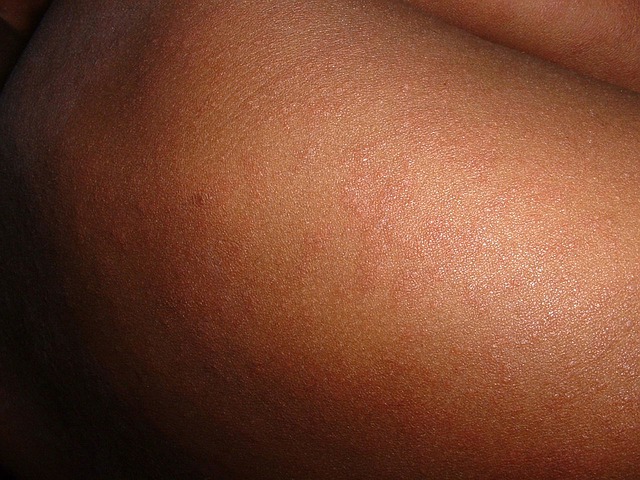Hong Kong health officials are highlighting an important milestone fro the city today–measles elimination in Hong Kong.
The World Health Organization (WHO) Western Pacific Regional Verification Commission has confirmed that Hong Kong SAR (China) has achieved the interruption of endemic measles virus transmission. The city of more than 7 million joins Australia, Brunei Darussalam, Cambodia, Japan, Macao SAR (China) and the Republic of Korea as the countries and areas in the Western Pacific to have achieved measles-free status.

“The WHO verifies measles elimination based on the interruption of local transmission for at least 36 months, a standard surveillance system and supportive genotyping evidence of the absence of endemic transmission. The achievement of Hong Kong exemplifies efforts of both the healthcare sector and the community in the prevention and control of local measles transmission over the years,” a spokesman for the Hong Kong Department of Health said.
Measles vaccination was incorporated into the Hong Kong Childhood Immunisation Programme for children in 1967. Following the implementation of the two-dose regimen (one year old and Primary One) in 1996, and the Special Measles Vaccination Campaign in 1997 with over a million children and youngsters aged 1 to 19 immunized, measles notification rates have remarkably declined and reached a record low of eight cases in 2012. The two-dose vaccination coverage has been consistently maintained at well above 95 per cent since 2008.
“Worldwide, measles is a major cause of death for children under the age of five, killing 315 people each day,” said Dr Shin Young-soo, WHO Regional Director for the Western Pacific. “Measles elimination in Hong Kong underscores the strength and importance of routine immunization programs as well as close monitoring of disease using a robust surveillance system.”
The Western Pacific Region continues to progress towards measles elimination despite the increase of reported measles cases and deaths in the past two years. Historically low levels were recorded in 2012. “These year-to-year fluctuations in measles cases and deaths show how contagious measles is. Any easing of control efforts can tip the scales with tragic results,” said Dr Mark Jacobs, Director of Communicable Diseases for the WHO Western Pacific Region.
Globally, measles-related deaths have dropped by 79% from 546 800 in 2000 to 114 900 in 2014. Furthermore, an estimated 17.1 million lives have been saved since 2000 due to increased vaccination coverage. The core strategies for measles elimination include achieving and maintaining 95% population immunity against the virus through routine and/or supplementary immunization activities, sensitive and timely case-based surveillance, and access to an accredited laboratory to confirm suspected cases and detect virus.
The Fifth Annual Meeting of the Regional Verification Commission for Measles Elimination in the Western Pacific is being held in Sydney, Australia, from 20 to 23 September 2016. The commission reviewed reports from 16 countries and areas as well as from the Pacific islands sub-region. The Pacific islands sub-region is considered as one epidemiological block for surveillance and verification purposes. The commission concluded that Hong Kong SAR (China) had met all verification criteria with documentation showing interruption of transmission of endemic measles virus for at least 36 months.
“We must remain vigilant so our Region can be completely rid of measles, a disease that can be easily prevented,” said Dr Shin Young-soo.
Related:


2 thoughts on “Hong Kong confirmed measles-free”